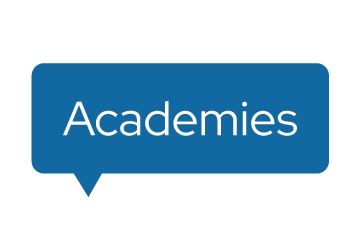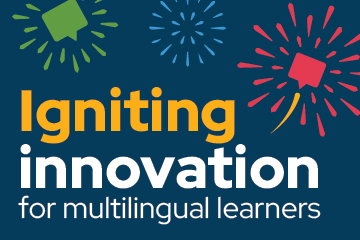Search Results
… instructional practices and assessment. wida’s professional learning workshops, webinars, conferences and elearning offerings are designed to meet you where you are in terms of your learning needs and your schedule. wida professional learning …
… article or check out the wida model webpage to learn more. teach learn about the wida english language development … supporting bi/multilingual learners this school year . the distance teaching and learning webpage features learning …
… headshot of ariosa for many english language teachers, the ones who didn’t always know they wanted to pursue a career in teaching, there seems to be a precise moment — or series of … team put together a list of their go-to online resources.* distance learning teaching platforms through grants and …
… . el seminario se tituló “serving english learners in a distance learning environment” (asistiendo a los aprendices … a distancia debido a una emergencia (emergency remote teaching, ert) y el aprendizaje en línea. nuestros maestros …
… are in the forefront of the minds of many of my friends who teach multilingual learners across the nation. as we prepare … in addition, to help you navigate some of these nuances of teaching during the pandemic, like tending to students’ … of micro-offerings. three courses can be accessed from the distance teaching and learning webpage: distance learning …
… around the world. to address the shift for many to distance teaching and learning, and to support educators in having …
… sam aguirre july 29, 2020 lea este artículo en español . as teachers, students and families gear up for a return to distance learning, samuel aguirre , director of wida español … students. explain the difference between emergency remote teaching (ert) and online teaching. our teachers and …
… has destabilized the lives and routines of students and teachers alike. many students have taken on new … there is also no doubt that the challenges of distance teaching and learning have compounded the stress of their …
… back to school means something different to everyone. some teachers and students will return to a physical classroom, … with wida in the next school year, we put together a new distance teaching and learning webpage, that features a curated list …
… return to the classroom or education continues from a distance, administrators and teachers will both play an important role in communicating … for learning remotely. there are even lesson ideas for teaching math and science with recipes. plus, there are …




